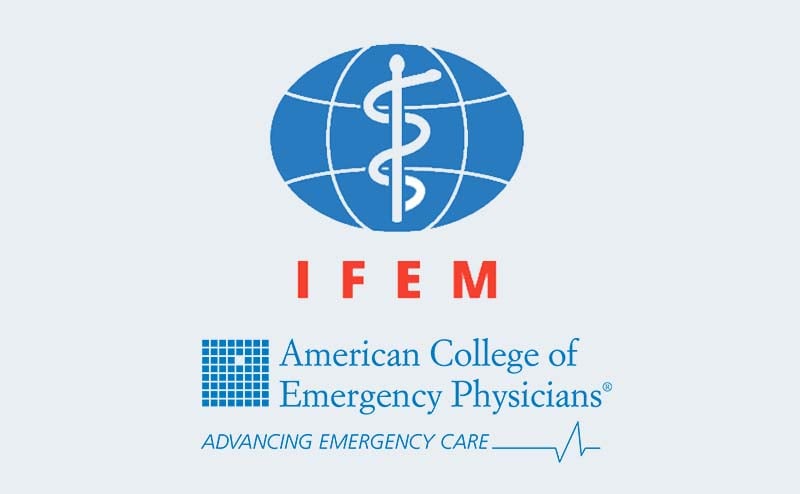The International Federation for Emergency Medicine (IFEM) unequivocally states that violence directed against health workers and healthcare facilities in war, conflict and situations of political unrest is completely unacceptable. Reports of such violence are at very high levels globally.
These humanitarian atrocities violate longstanding internationally agreed code of conduct. As a professional society representing emergency care workers globally, IFEM endorses and support international laws and statements with respect to the neutrality of both military and civilian medical units.
Health workers already caring for the civilian population in these extreme environments should not be victim to such attacks. It is critical that the ill and injured and the staff caring for them have a safe haven, to receive medical care.
We, the undersigned, and the organisations we represent, implore the international community to prevent and condemn such attacks.
Context
Explicit examples of extreme violence and harm to health workers and facilities are witnessed in all continents of the world. In 2022, the Safeguarding Health in Conflict Coalition (SHCC)* documented 1,989 incidents of violence against or obstruction of health care in conflicts across 32 countries and territories. This included 232 health workers killed, more than 700 incidents where health facilities were damaged and almost 300 health personnel kidnapped in 2022. Incidents increased by 45% in 2022 compared to 2021 and marked the highest annual number of incidents that the SHCC has recorded since it began tracking such violence. 2023 sees new conflicts in addition to those that are ongoing.
Violent acts include deliberate targeting of health facilities; the burning down and looting of clinics and hospitals; the use of threats, physical assault, firearms, shelling or bombing of areas around or inside healthcare facilities; arrests and kidnapping of and threats against health workers; and the deliberate obstructing of patients’ access to health care. It is critical that the healthcare personnel be protected so that they may provide necessary emergency medical care. Protection must extend outside of the healthcare facility, allowing safe passage of patients and staff to and from the facility.
Based on the Hague Regulations and Geneva Convention, the International Committee of the Red Cross has established as Rule 28: “Medical units exclusively assigned to medical purposes must be respected and protected in all circumstances.”
The International Federation for Emergency Medicine calls upon State and Non-State Actors in conflict to respect and abide by ICRC Rule 28, so that “…the highest attainable standard of health as a fundamental right of every human being” (WHO Constitution 1946) is maintained.
* https://insecurityinsight.org/wp-content/uploads/2023/05/SHCC-Report-Ignoring-Red-Lines.pdf
Sincerely,
Dr Ffion Davies
President International Federation for Emergency Medicine
Dr Pauline Convocar
President Asian Society for Emergency Medicine
Dr Joseph Bonney
President African Federation for Emergency Medicine
Dr. Hélio Penna Guimarães President Latinamerican Federation of Emergency Medicine (Federación Latinoamericana de Medicina de Emergencias)
Dr Mike Howlett
President Canadian Association of Emergency Physicians
Dr Aisha Terry
President American College of Emergency Physicians
Dr Jim Conoly
President European Society for Emergency Medicine
Dr Clare Skinner
President Australasian College for Emergency Medicine
Dr Adrian Boyle
President of the Royal College of Emergency Medicine
Related ACEP Resources
For emergency physicians working or interested in working in areas where coordinated response to crisis is required across the world, our international membership section has useful information. ACEP has an international relief discussion forum, an online community for emergency physicians to share tools, contacts and support. We also offer curated resources for physicians who wish to assist and may be interested in joining the international medical response team.
 American College of Emergency Physicians
American College of Emergency Physicians




